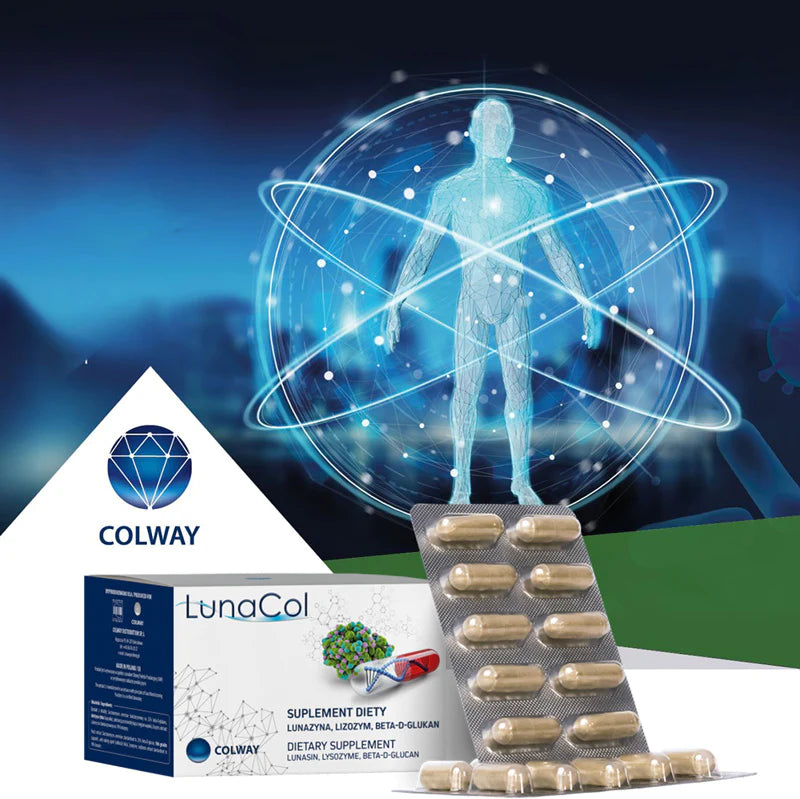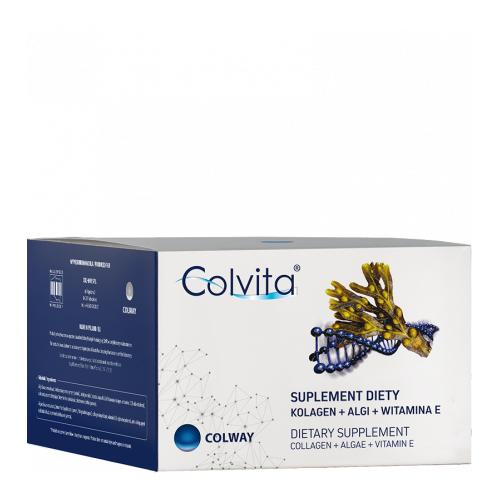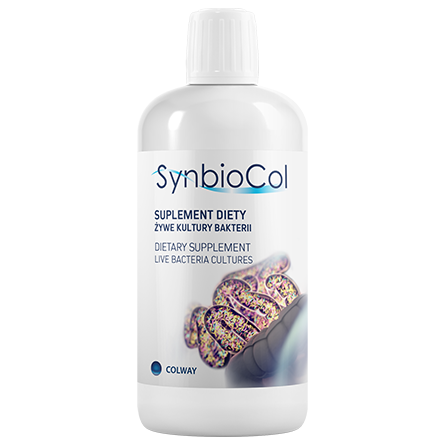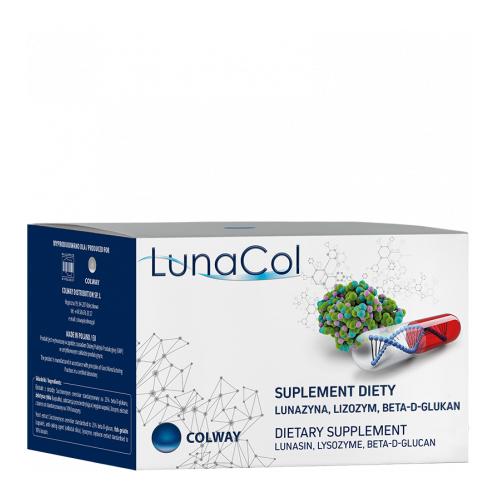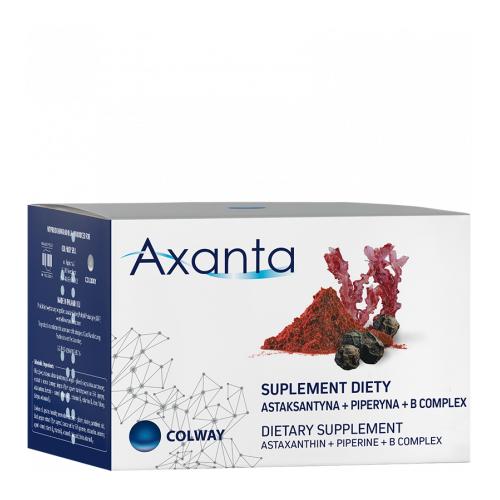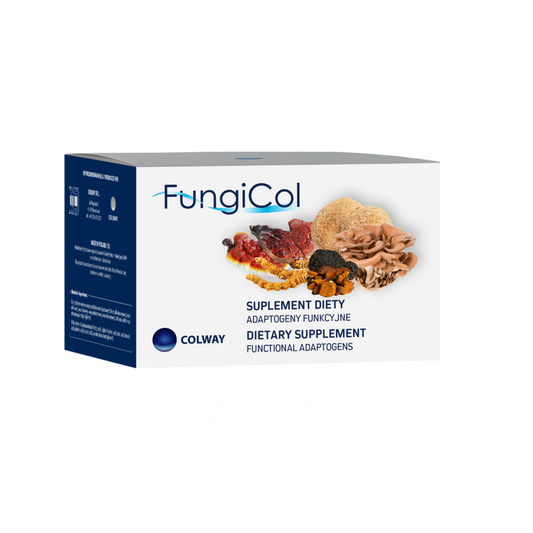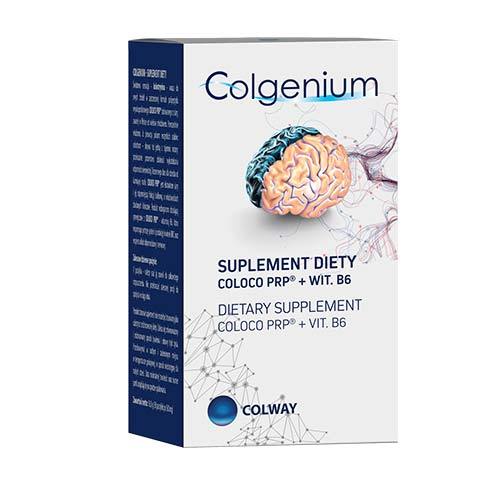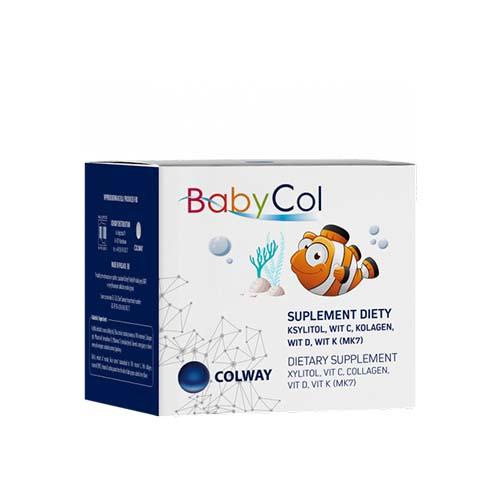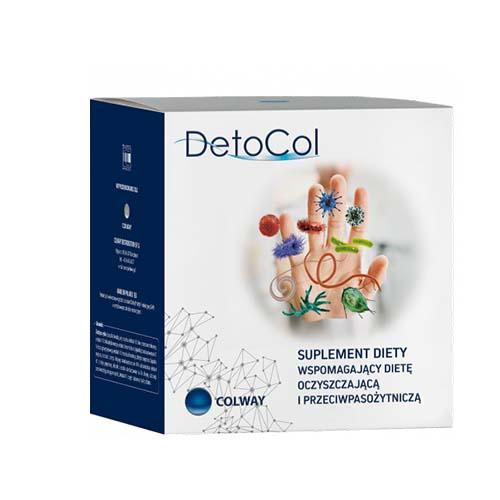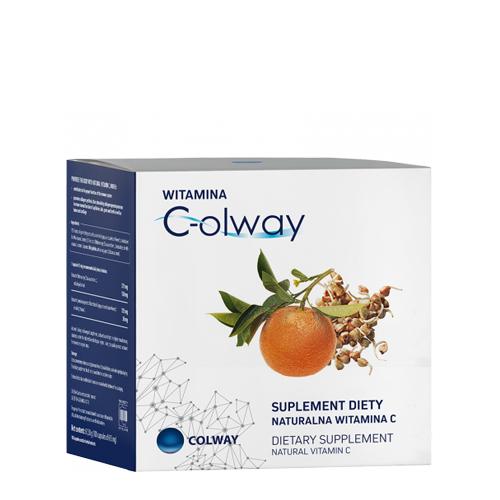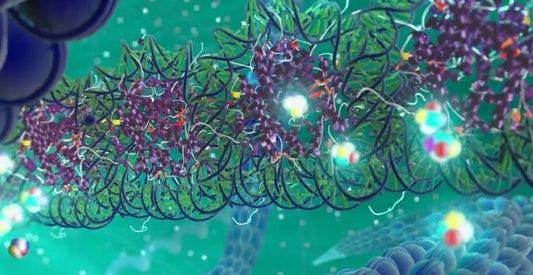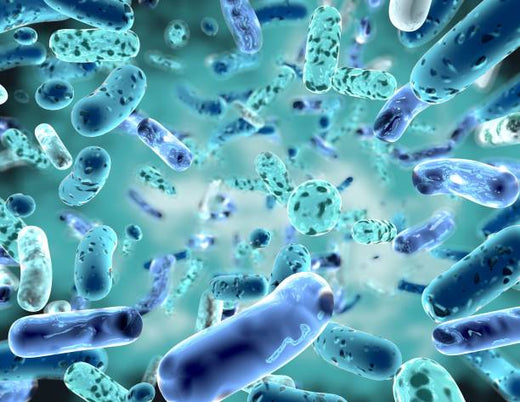Lunasine: is a 43 amino acid polypeptide originally discovered in soybeans.
Lunasin has shown an effect chemopreventive, antioxidant and anti-inflammatory in various cell and animal models (Fernandez-Tome et al., 2014).
This peptide, once ingested, can exert its properties in situ at a local level or at a systemic level, for which it requires resisting the proteolytic attack of digestive enzymes, being absorbed through the gastrointestinal tract and reaching organs and tissues. target in an intact and active form
Lunasin was the first dietary compound with a mechanism of action epigenetic identified. This mechanism (histone acetylation) was identified by Dr. Alfredo Galvez in 1996 and patented in 1999. The epigenetics is a relatively young but revolutionary science that provides evidence to explain how life experiences and exposures directly affect gene function without changing (mutating) the physical structure of DNA.
Researchers have found that epigenetic signals send instructions to our DNA telling specific genes to be turned on or off, much like software directs the operation of a computer. Epigenetic research provides scientific validation for what most people already believe: lifestyle choices like diet. , exercise, the environment and stress all have short- and long-term effects on health.
But, due to advances in epigenetics research, we now know that we have even greater control over our long-term health than we previously thought. Many chronic health conditions and diseases of aging known to have a genetic component have also been identified to have epigenetic controls. This explains why some people who carry specific genetic variations that predispose them to developing a certain condition actually develop the condition, and some people with the same genetic variant do not develop the condition.
The collagenomic team recommends Lunacol, the supplement with the highest concentration of Lunasin on the market.



















































































































